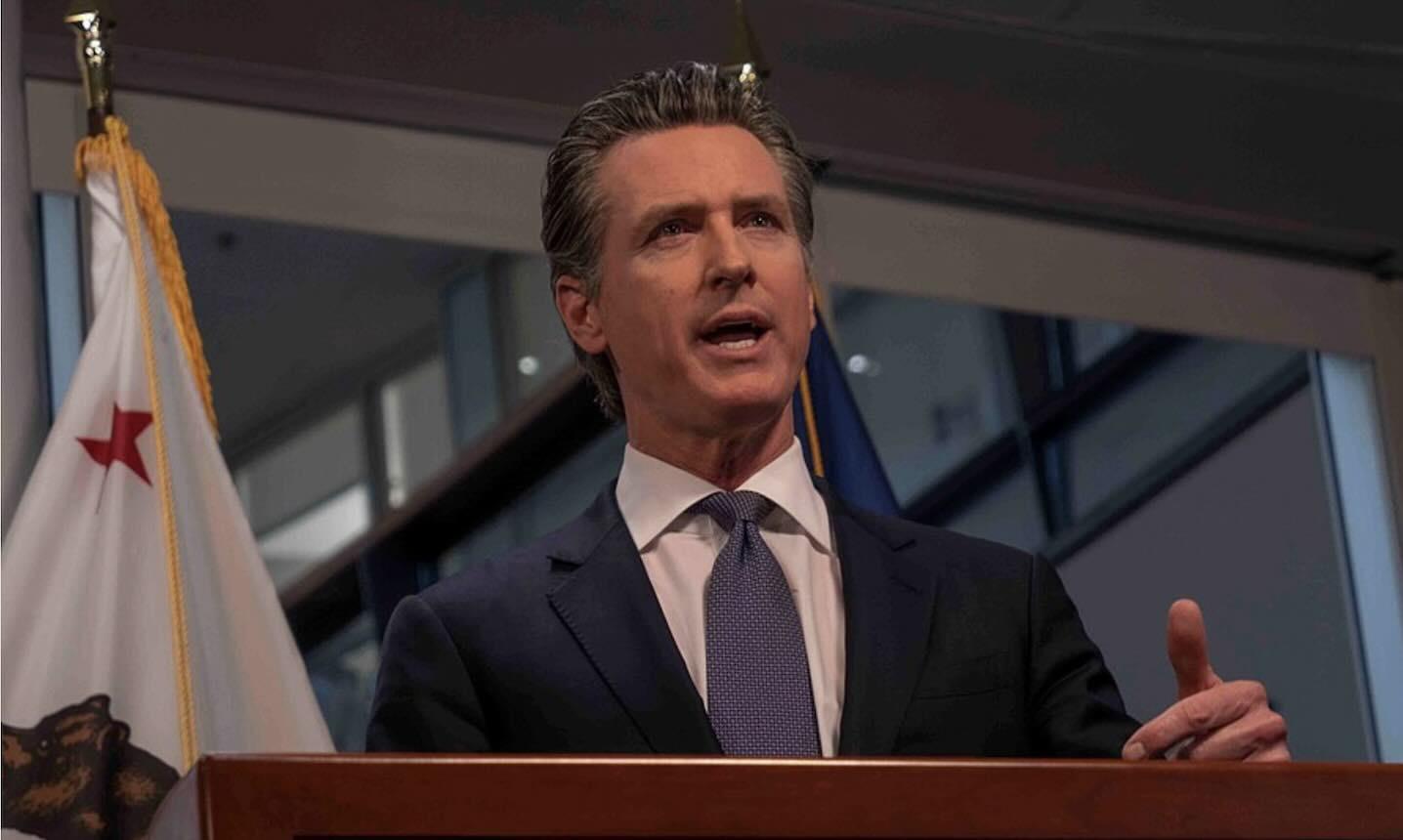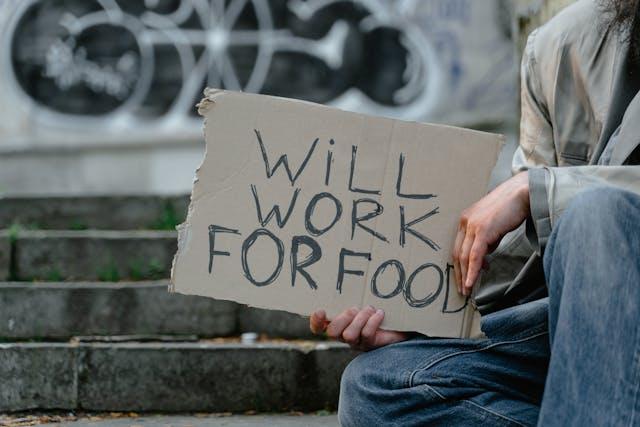California voters face a range of propositions this 2024 election season, covering issues from education and public health to housing and criminal justice reform. Here’s a guide to each proposition, the key supporters and opponents, and the arguments on both sides.
Proposition 2: Authorizes Bonds for Public School and Community College Facilities
Summary: Prop 2 would approve bonds to finance the construction, renovation, and modernization of public school and community college facilities.
Supporters include the California Teachers Association and California Federation of Teachers. Opponents include the Howard Jarvis Taxpayers Association.
Arguments:
- In Favor:Proponents argue that safe, modernized schools are essential for student success and would benefit from improved facilities.
- Against: Opponents contend that issuing bonds will increase state debt, placing a future financial burden on taxpayers.
Proposition 3: Constitutional Right to Marriage
Summary: Prop 3 would establish the right to marriage in California’s Constitution, regardless of gender or sexual orientation.
Supporters include Equality California and American Civil Liberties Union (ACLU) of California. Opponents include California Family Council and Traditional Values Coalition.
Arguments:
- In Favor: Advocates say this would enshrine marriage equality in the state Constitution, providing protection against future challenges.
- Against: Opponents argue it could conflict with personal or religious beliefs and fear it may erode traditional values.
Proposition 4: Authorizes Bonds for Safe Drinking Water, Wildfire Prevention, and Protecting Communities and Natural Lands from Climate Risks
Summary: Prop 4 seeks to fund projects addressing climate resilience, including safe drinking water, wildfire mitigation, and land conservation.
Supporters include California League of Conservation Voters and Natural Resources Defense Council. Opponents include Howard Jarvis Taxpayers Association.
Arguments:
- In Favor: Supporters say the measure will address California’s urgent environmental challenges and enhance climate resiliency.
- Against: Critics argue it increases the state’s debt without a guarantee that funds will effectively reduce climate risks.
Proposition 5: Allows Local Bonds for Affordable Housing and Public Infrastructure with 55% Voter Approval
Summary: Prop 5 would lower the voter threshold from two-thirds to 55% for local bonds funding affordable housing and infrastructure projects.
Supporters include California Association of Realtors and Housing California. Opponents include California Taxpayers Association.
Arguments:
- In Favor: Supporters argue that this lower threshold will make it easier to address California’s housing crisis.
- Against: Opponents believe it weakens taxpayer protections by making it easier for local governments to incur debt.
Proposition 6: Eliminates Constitutional Provision Allowing Involuntary Servitude for Incarcerated Persons
Summary: Prop 6 would eliminate involuntary servitude as a condition of punishment, allowing incarcerated individuals to choose whether to work.
Supporters include California Labor Federation and Anti-Recidivism Coalition, while there are no registered opponents.
Arguments:
- In Favor: Proponents claim this measure addresses forced labor concerns, aligning with modern labor standards.
- Against: Opponents worry it could disrupt prison operations, increasing state costs for facility maintenance.
Proposition 32: Raises Minimum Wage
Summary: Prop 32 would raise California’s minimum wage incrementally over several years.
Supporters include the Service Employees International Union (SEIU) and California Labor Federation. Opponents include the California Chamber of Commerce and National Federation of Independent Business
Arguments:
- In Favor: Advocates argue this would help Californians keep up with inflation and improve quality of life.
- Against: Opponents claim it would hurt small businesses, leading to job losses and higher costs for consumers.
Proposition 33: Expands Local Governments’ Authority to Enact Rent Control on Residential Property
Summary: Prop 33 would allow cities and counties more authority to implement rent control on housing.
Supporters include the Alliance of Californians for Community Empowerment and California Democratic Party. Opponents include the California Apartment Association and the California Chamber of Commerce.
Arguments:
- In Favor: Proponents argue this measure would protect renters from rising costs and help prevent displacement.
- Against: Opponents claim it could reduce housing supply and deter real estate investment in California.
Proposition 34: Restricts Spending of Prescription Drug Revenues by Certain Health Care Providers
Summary: Prop 34 would restrict how health care providers spend revenues from prescription drugs, directing more funds to patient care.
Supporters include the California Nurses Association and AARP California
Opponents include the Pharmaceutical Research and Manufacturers of America (PhRMA)
Arguments:
- In Favor: Proponents argue that it will prevent excessive profits, prioritizing patient care over pharmaceutical revenue.
- Against: Critics contend it could hinder innovation in the healthcare sector by reducing incentives for drug development.
Proposition 35: Provides Permanent Funding for Medi-Cal Health Care Services
Summary: Prop 35 would secure ongoing funding for Medi-Cal services, aimed at expanding access to healthcare for low-income residents.
Supporters include the California Medical Association. Opponents include taxpayer advocacy groups, Courage California, the Children’s Partnership, California Pan-Ethnic Health Network, California Alliance for Retired Californians and the League of Women Voters.
Arguments:
- In Favor: Supporters say this ensures Medi-Cal’s stability, addressing healthcare gaps for California’s most vulnerable populations.
- Against: Opponents argue it could result in higher taxes or divert funds from other critical programs.
Proposition 36: Allows Felony Charges and Increases Sentences for Certain Drug and Theft Crimes
Summary: Prop 36 would allow felony charges and stricter sentencing for repeat drug and theft offenses.
Supporters include the California District Attorneys Association and California Police Chiefs Association. Opponents include Gov. Gavin Newsom, the American Civil Liberties Union (ACLU) and the California Public Defenders Association.
Arguments:
- In Favor: Supporters believe stricter penalties will deter repeat offenders and improve public safety.
- Against: Opponents argue that increased sentencing will worsen mass incarceration and fail to address root causes of crime.





